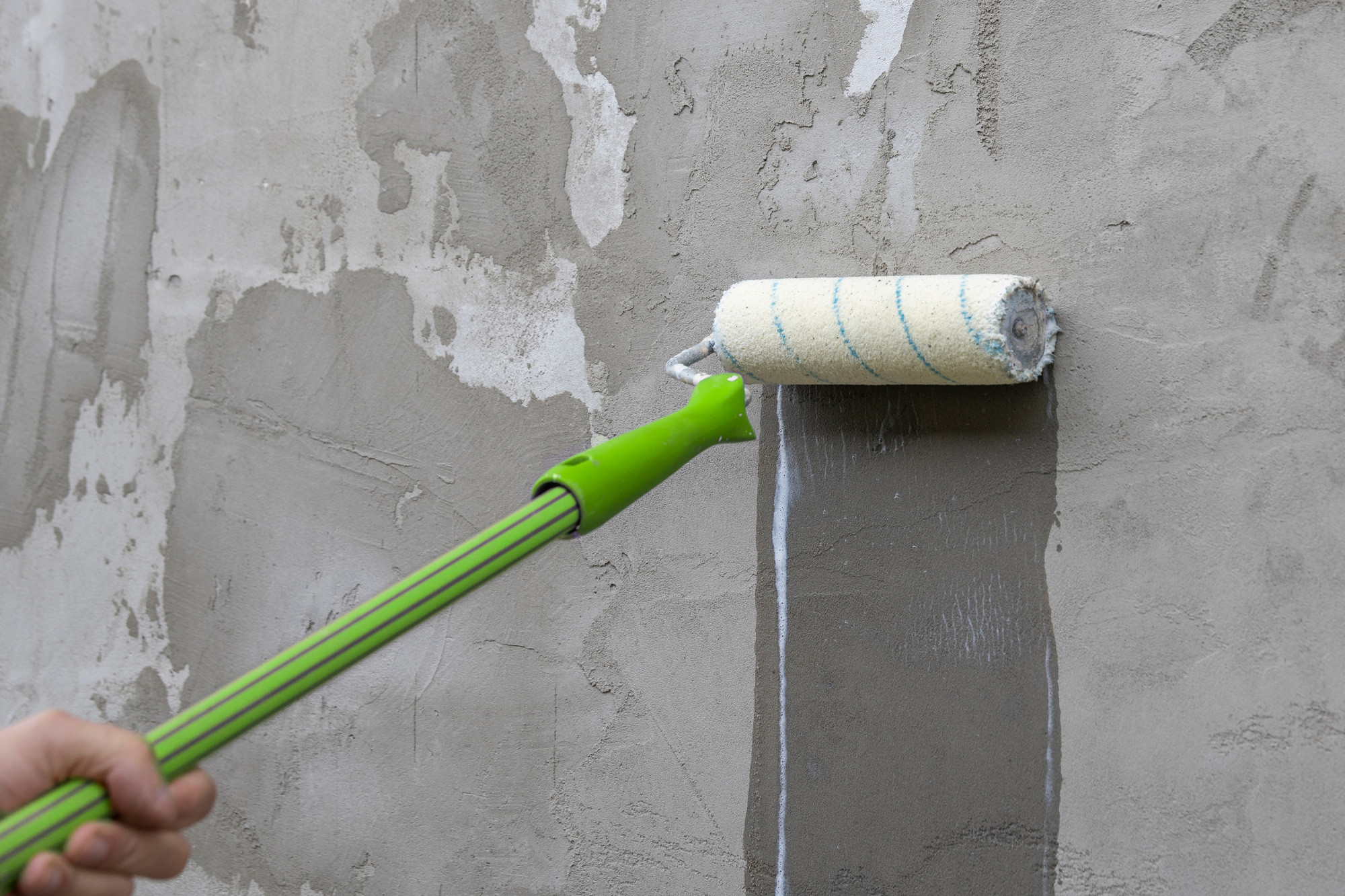Primers

Choose a pre-treatment that truly works
Before plastering, it's crucial to use the right primer so that the leveling mortar can adhere better. This is especially important when the substrate is weak or irregularly absorbent, porous, or powdery. Choose a primer for plastering based on the substrate and the system that follows. Only then can you ensure a load-bearing surface for all layers of your complete system, including finishes like wall tiles.
Related products
Let us help you out
Is it necessary to apply a primer before plastering?
A primer ensures better adhesion of the plaster mortar to the substrate. This is especially important for smooth, closed and porous or highly absorbent surfaces. Where plaster mortar without a primer would have difficulty bonding properly. In addition, a primer also ensures even absorption of the plaster mortar, making it easier to strip off the plaster mortar and polish it, sand it or finish it with a trowel.
Can I plaster a wall with soot penetration?
Omnicol has a specific primer that you can apply to a wall with soot penetration and then plaster it. Use the TPW omnibind for this. Your wall is therefore immediately protected against moisture penetration.
What is the drying time of omnimix plaster mortars?
The drying time of Omnimix plaster mortars varies per product. We have normally hardening and fast hardening plaster mortars. You can recognize the fast-hardening plaster mortars by the R in the name. Under ideal conditions, these can be tiled after 3 to 4 hours. For a finish other than tiles: Always follow the processing instructions.





